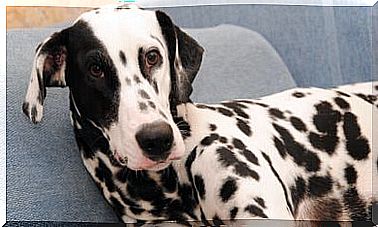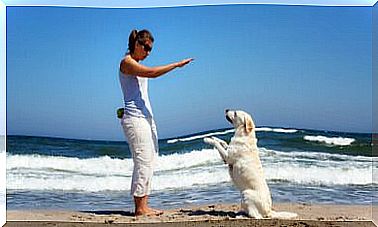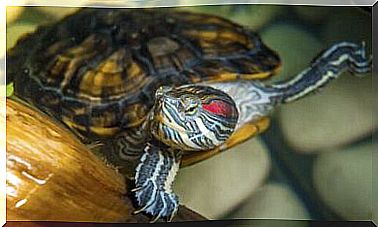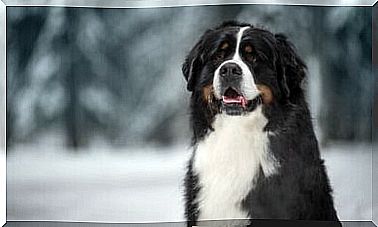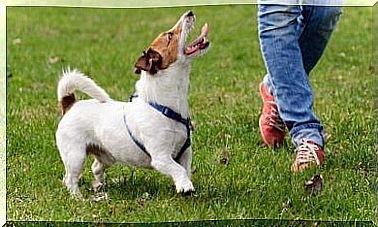Care After Orthopedic Surgery In Dogs
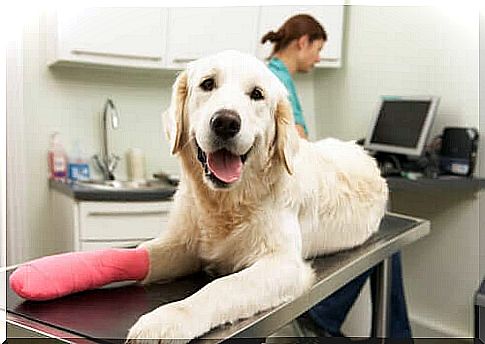
Nowadays, veterinary orthopedic surgery is very advanced and has nothing to envy the surgical procedures that elite athletes undergo. There are several pathologies or injuries that may need this type of intervention, from fractures caused by trauma to congenital injuries.
The postoperative period is always essential in any type of surgery, but in this specific case, due to the particularity of the bone tissue, which we will explain later, it is even more important.
What is orthopedic surgery?
Orthopedic surgery is the branch of medicine responsible for surgically resolving all pathological processes in which the locomotor system is involved, that is, bones, muscles, joints, tendons …
As we all know, the locomotor apparatus is responsible for giving movement to the body. In this sense, any damage to this system will result in a disturbance, to a greater or lesser degree, in the dog’s mobility.
Of all the changes that the locomotor system can undergo, there are some whose definitive solution is surgery.
Here are some examples of changes that need orthopedic surgery to resolve:
- Injuries such as fractures or ligament tears.
- Genetic disorders such as knee dislocations.
- Acquired changes, such as femoral head necrosis.
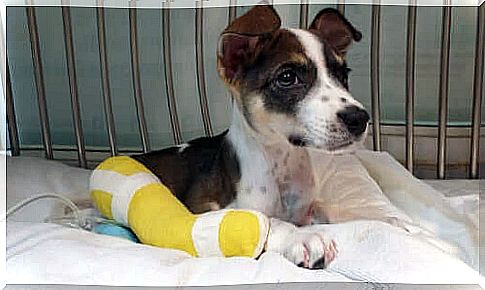
Why is the post-operative period so important in this type of surgery?
Typically, in this type of surgery, unless only muscle tissue is involved (which is usually not often), tissues that are relatively slow to heal compared to soft tissue are affected .
For physiological reasons related to the type of tissue, its degree of vascularization and its regeneration capacity, bones and tendons have a very long recovery period. To understand it better, we can think of the time our schoolmates had to get the cast all signed… When, for example, it is a skin wound, in a few days, it is already healed.
Another issue that makes the post-operative period especially delicate is that we cannot tell the animal to stand still. And since the surgery affects your ability to move freely, we have to provide you with meticulous care.
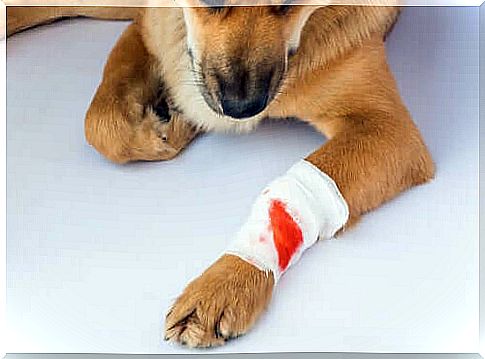
Considerations for recovery after orthopedic surgery
First of all, it is necessary to make it clear that this is not professional veterinary advice, it is an informative article that is never intended to replace the care recommended by the veterinarian.
Having clarified this important issue, the general advice is as follows:
- Mobility Limitation After Surgery: After orthopedic surgery, the last thing your dog can do is run. Mobility restriction will be greater or lesser depending on the type of surgery. It is essential that the injured tissue heals well and this, as we already know, takes a long time.
- Reintroduction of exercise after the recovery period: after several weeks without activity, it is likely that the animal’s muscle mass and physical condition have been affected. On the other hand, it is possible that the injury has not fully recovered. At this point, a gradual and moderate transition to exercise is very important.
- Care for the wound: any surgical approach must be performed through the skin. By doing this, a surgical wound is created that should always be considered in case of infection or problems with the sutures. Proper cleaning with specific solutions and regular wound control is usually sufficient, as long as there are no unexpected problems.
physical and emotional care
The dog may be frightened and confused by sudden changes in his lifestyle. Therefore, it is necessary to give special attention and affection to the animal in these difficult times.
Once the recovery ends, short walks, activities regulated by a dog physiotherapy and limited interaction with others of the species, will make the dog find itself facing a certain normality that will help not only in physical recovery, but also emotional.

